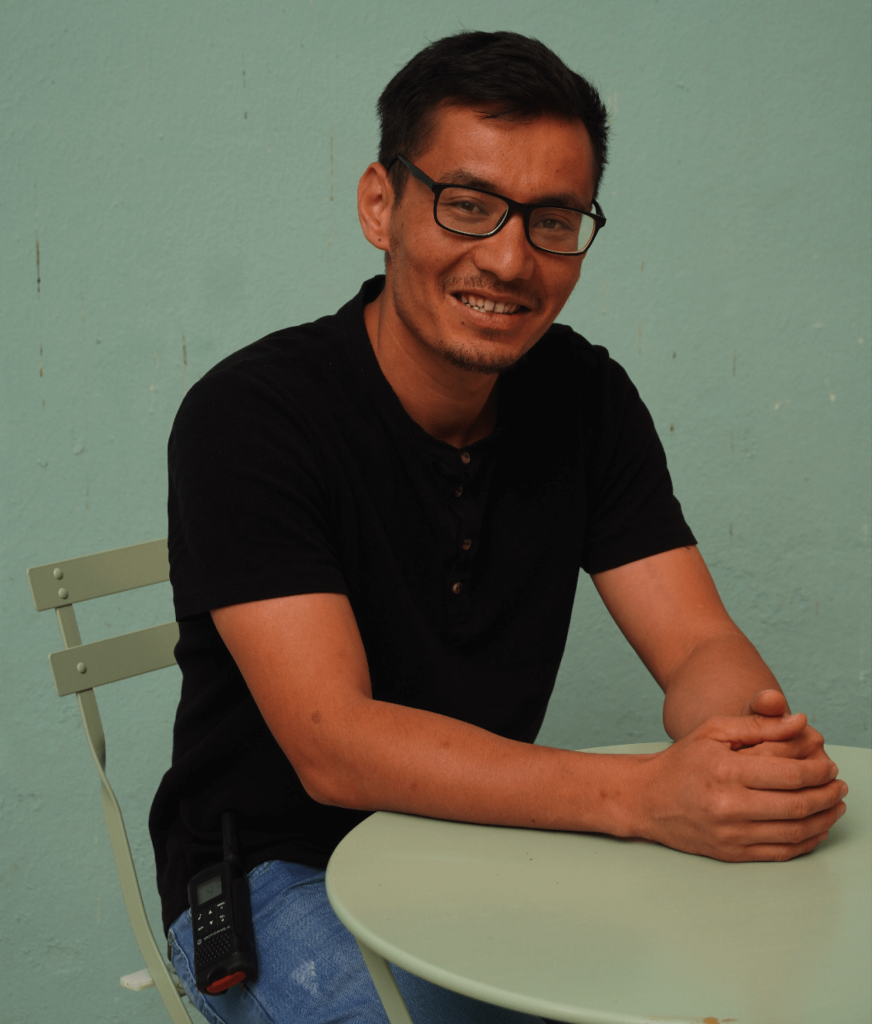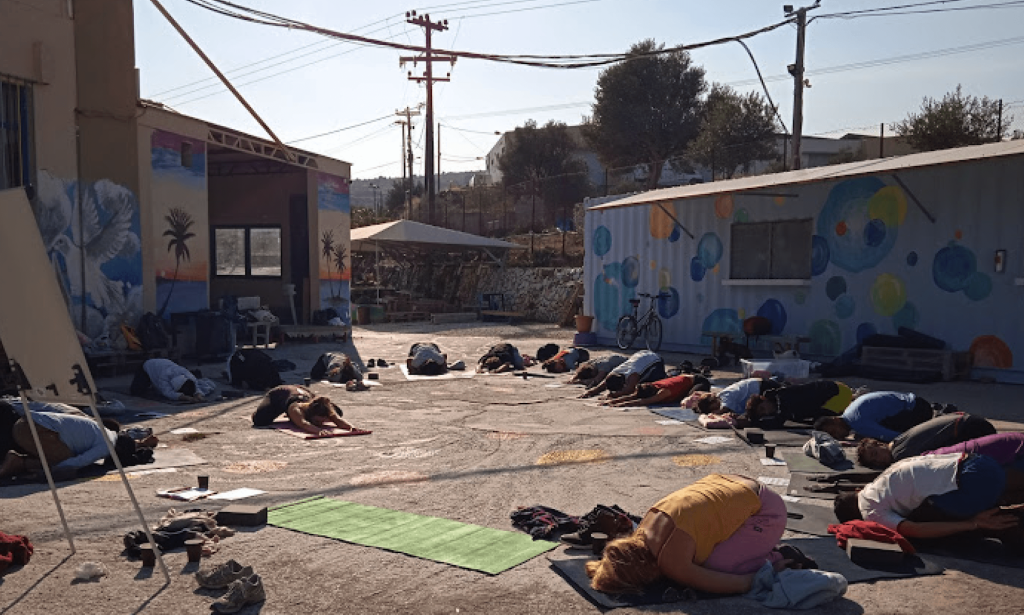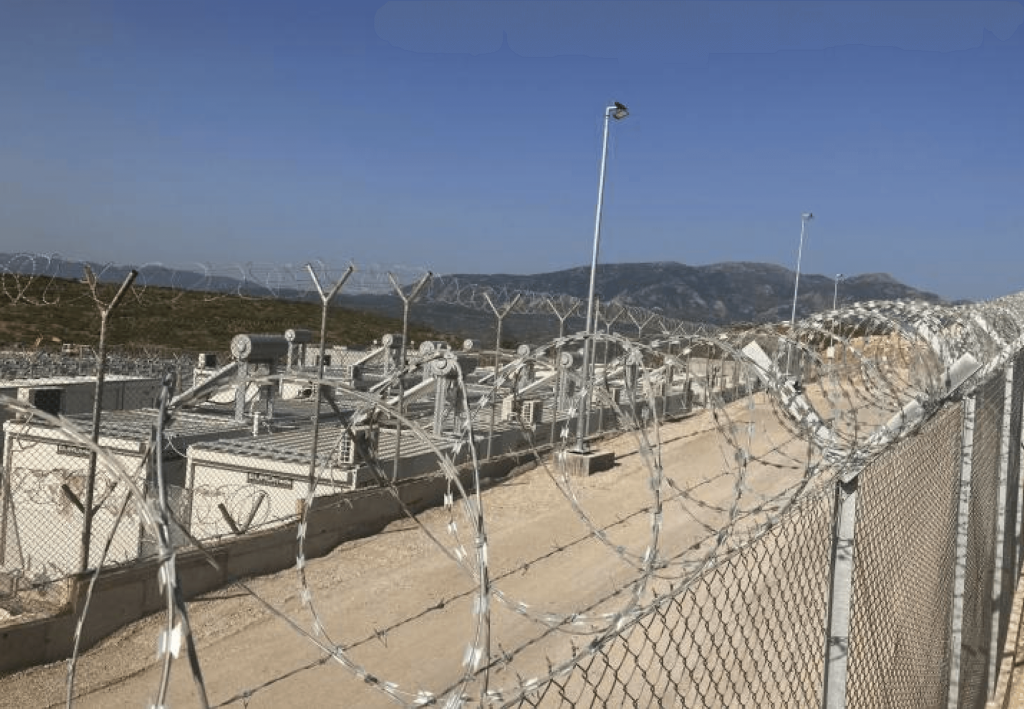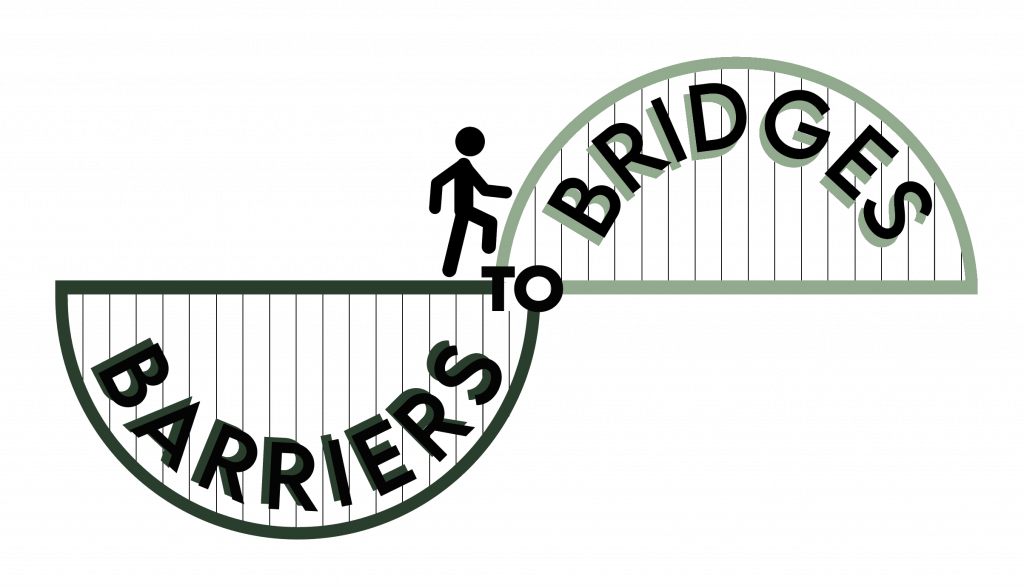by Debi Altman
We are back this quarter to continue hearing from Abbas, a young man from Afghanistan who in 2019 arrived in Greece in the hope of a better life. Abbas is currently in Athens where he has been for around 2 years. Despite working hard and having brilliant language skills, he is still struggling to find paid employment and a safe place to live. As is common for a young man from Afghanistan, his asylum claim was rejected, more than once.
“I really liked when I helped. You forget yourself, your problems, that you are in that situation.” Abbas.
The asylum system is incredibly, feels like purposefully, complicated. The result is that too often vulnerable people are trapped in a net of bureaucracy, paperwork and politics. It is common for whole families to claim asylum yet, for only some to be granted. Usually it is the young men, like Abbas, who get left behind. Often people have multiple rejections before their asylum claims are accepted, with the process leaving them in an unending state of limbo. The waiting, the hopelessness and the ongoing stress can be shattering. If claims are eventually accepted anyway then why are people forced to wait? Why are families with the same claims given different decisions and split apart? Who do we think is gaining from having certain numbers of people inside these camps?
“I took two rejections, and I couldn’t stay on Lesvos. They gave me some papers to leave Lesvos … I went to Chiva, it’s far from Athens, about one hour and ten minutes. In summer I was working there in really crazy weather, too much hot, my skin burned after sunset. … It was so hard that I came and started to do work as a volunteer in Athens in Yoga and Sport … I tried to help the teachers, the community, the volunteers.” Abbas said.

Abbas highlights how even once people such as him, manage to leave the island, they are faced with yet more difficulties. There are more journeys, different borders, and higher walls to climb. It’s relentless. To continue going requires an enormous amount of strength and resilience.
“The problems that you have in Athens are completely different than in Lesvos. When you come to Athens and if you live in the camps, it’s so far. You are not able to come to the gym and you have to rent a house when you don’t have money. … It’s so hard when you can’t work, have no money and you live illegally, and you are scared of the police when you are walking in the street – you have to be careful of the police.” he explains.
He has continued to be involved with the Non-Government Organizations (NGOs) mentioned last quarter, One Happy Family and Yoga and Sports with Refugees. He specifically highlights the importance of being an active part of this community, not just receiving help but giving it to people in similar situations. I can personally attest to this too. When I volunteered in Lesvos in 2021, one of the things that blew me away was the sense of community both organizations created and the power in that. Operating under the ethos of ‘with’ refugees not ‘for’ – they provide space and opportunities for people to grow and prosper – together creating long lasting, positive change.
“You have a lot of problems in Athens… You do some sports, and it gives you a good feeling. When you do sport your body and mind – it’s like relaxing and your mind is almost empty, and you don’t need to think about your problems. You find your friends and talk with them and again, like Lesvos, you listen to their problems and try to help them and motivate them and they help when you have a lot of problems and need someone to help and motivate you.”

“In Lesvos I started to be as a volunteer in Yoga and Sports. Actually, I’m the first volunteer from the refugee side, there wasn’t one before me. I didn’t experience (before) how it gives you more good feelings when you help. Before I did sport for myself, I was just thinking about myself. When you help the people, it gives you more good feeling. When you understand the people and you know the situation and talk with them and you know everything and they talk about their problems … you’re trying to help them, to understand and trying to find a way to guide them and help. I really liked when I helped. You forget yourself, your problems, that you are in that situation.” Abbas said.
There are many other NGOs moving away from the hotspot islands or expanding to encompass working in the Greek cities. This is in part due to the sheer numbers of people who just like Abbas are in the city but unable to find work and afford rent. It is also because of the uncertainty as to whether they can continue their work on the islands. Last quarter we left discussing the latest in a line of camps in Lesvos and the damage that such a hostile, restrictive environment can do to people. However, there are plans to build yet another camp in Lesvos, even more prison-like than the last. This new camp will be just one of five ‘closed and controlled’ centers constructed on all the hotspot islands. It will be in the middle of nowhere, cut off from any local services. There is already one of these closed and controlled centres in Samos and its security guarded high fences, razor sharp barbed wire, strict curfews and drone thermal CCTV is truly something out of a dystopian nightmare.

Restricting people into these prison-like structures reveals the ongoing criminalisation of refugees. However, this only is relevant to people from certain backgrounds. Writing this from the UK, the current response here to people fleeing the war in Ukraine feels very different to previous responses to people fleeing wars in African or Middle Eastern countries (need I mention the B word?). The news stream is giving the Ukrainian people a voice, residents are opening their homes and Ukrainian flags are flying proudly to show our support and solidarity with the Ukrainian people. This disparity is, like so much in this arena, steeped in complex geopolitics and in so many ways deeply frustrating. However, it does also feel hopeful – politicians and local people have shown that responding with empathy, kindness and humanity is possible. There is the capacity to help people who need it and to share just some of what we are so lucky to have. We just need to remember that this capacity can be there for everyone, regardless of background.
Thank you for reading Abbas’s story. If you want to continue learning and supporting people from all refugee backgrounds check out the links below:
All refugee’s welcome petition:
Yoga and Sport with Refugees:
https://yogasportwithrefugees.org/
One Happy Family:
https://ohf-lesvos.org/en/welcome/
© 2022
